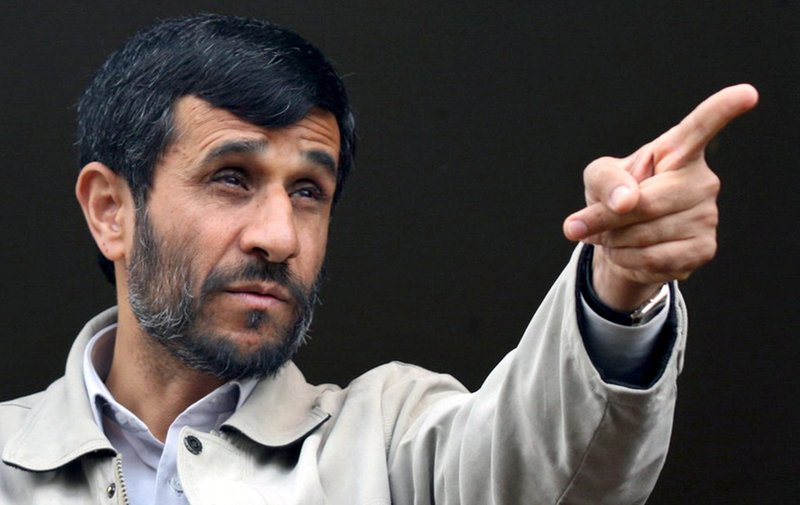The Ethics of Stealing Cable

In a previous post, Big Think invited you to pose your ethical questions to Randy Cohen, the former New York Times writer who answered reader’s questions in his column “The Ethicist” for over a decade. The dilemmas he tackled ranged from the ethics of moving to higher-priced unoccupied seats at a ball game to whether we’re obligated to blow the whistle on a friend’s cheating spouse. Here Cohen answers the first of five thought-provoking submissions. Check back next Sunday to see his response to the next question. (Responses will be released on Sundays over a period of five weeks.)
Over a year ago, my wife and I were looking for ways to cut our spending and decided to reduce the size of our cable package down to their smallest option. We called the cable company and notified them of our decision. They informed us that they would reduce our service and our bill would decrease. Weeks passed and we were still enjoying the same number of channels, though our bills were now significantly reduced. Ever since, we’ve been enjoying the larger channel menu while paying the small-package rate.
What is our obligation to follow up when a company makes such an error? Should we consider that the cable company intentionally left the service at the higher level to increase advertising revenue or to maintain us as a customer for internet service? Most importantly, should we keep calling the company until our service matches our billing?
–Steve N., Enjoying ESPN in Ohio (via email)
Here is Cohen’s response:




